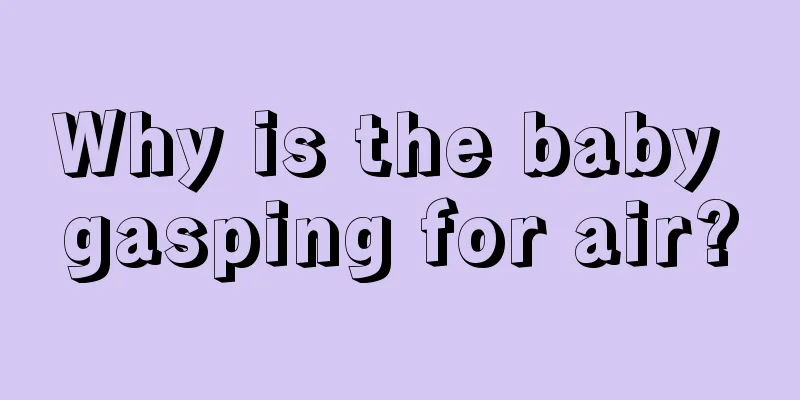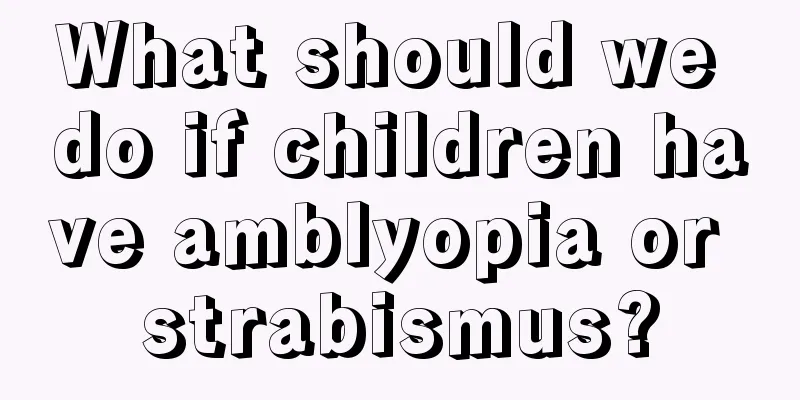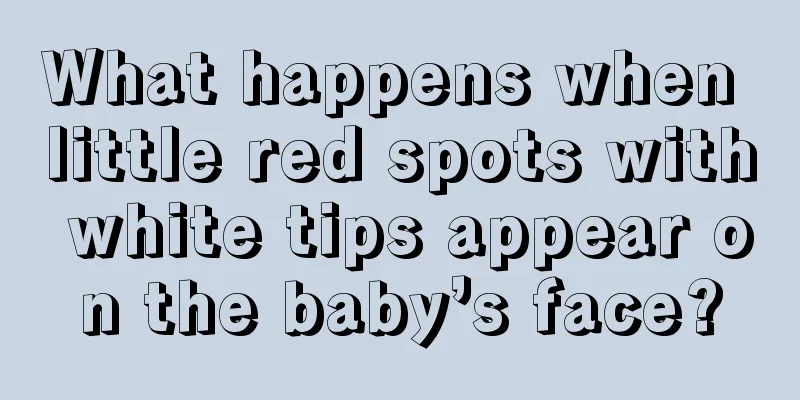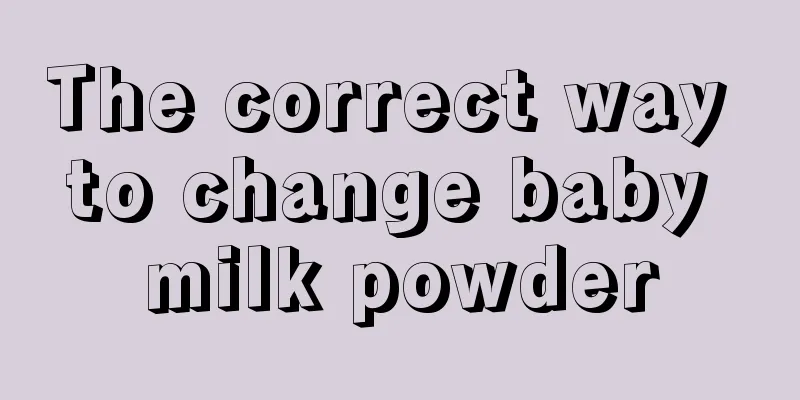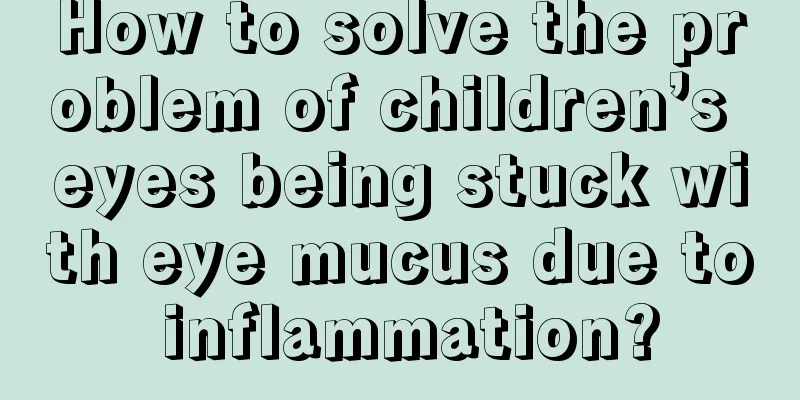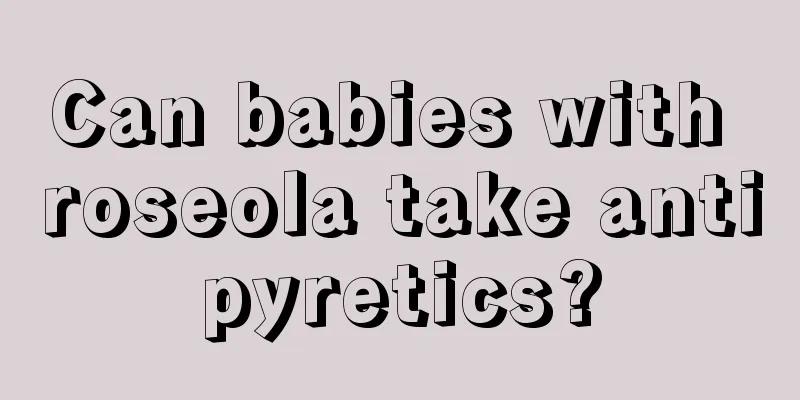Early symptoms of pneumonia in children
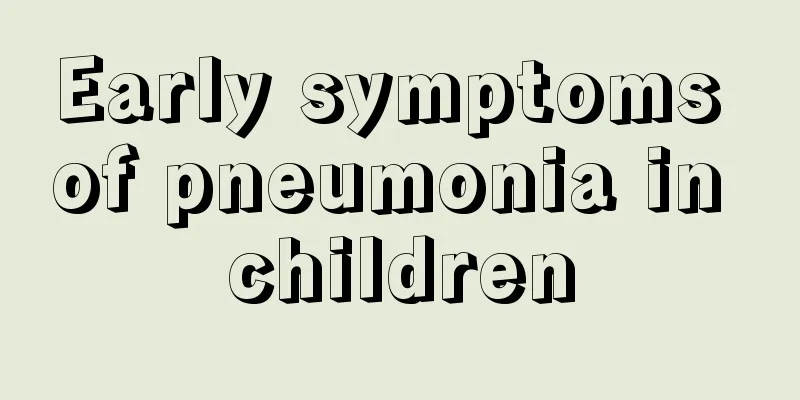
|
Pneumonia in children is a very common lower respiratory tract disease, which is divided into acute and chronic types. Because acute pneumonia in children has a rapid onset and is more serious, early treatment is very important. In order to make correct judgments when children become ill, I hope that all parents can know the early symptoms of childhood pneumonia and make correct judgments when their children become ill. Pneumonia in children is more likely to occur in seasons, which are winter and spring. Therefore, during these two time periods, we must pay attention to protecting children and not let them come into contact with pathogens that cause pneumonia in children, so as to avoid the occurrence of pneumonia in children. Specific early symptoms of pneumonia in children are: 1. Your child’s cough and breathing The most prominent symptoms of pneumonia in children are wheezing, shortness of breath, and prolonged exhalation. Sometimes the sound of wheezing can be heard without a stethoscope as long as you are close to the child. Therefore, to determine whether a child has symptoms of pediatric pneumonia, you can see whether the child has coughing, wheezing, and difficulty breathing. Colds and bronchitis can cause coughs and wheezing, which are often paroxysmal, but generally do not cause difficulty breathing. If the cough and wheezing are severe, the breathing rate increases when at rest (i.e. infants under 2 months old breathe ≥ 60 times/minute; infants 2-12 months old breathe ≥ 50 times/minute; children 1-5 years old breathe ≥ 40 times/minute), the nostrils on both sides open one after another, and the lips turn blue or purple, once the above symptoms appear, it means that the condition is serious and you should go to the hospital as soon as possible. 2. The child's fever Children with pediatric pneumonia usually have a fever, but some do not, or even have a temperature below normal. When you have a fever, your body temperature is usually above 38°C and lasts for two or three days. Antipyretics can only temporarily reduce the fever, and the body temperature will rise again soon. The duration of fever cannot be used as a basis for diagnosing pneumonia. Some babies develop pneumonia after only two days of fever, while some babies do not develop pneumonia even after a week of fever. At this time, we need to make a judgment based on other aspects. 3. The child’s mental condition In order to detect pneumonia in children in time, careful mothers should also pay attention to their children's mental state. If a child is in good spirits, playful and cheerful while having a fever, cough and wheezing, it indicates that the possibility of him having pneumonia is very small. On the contrary, if the child is in a poor mental state, has blue lips, is irritable, crying or drowsy, has convulsions, and a few children may have delirium, it means that the child is more seriously ill and is more likely to have pneumonia. In addition to the above-mentioned obvious early symptoms of pneumonia in children, there is another symptom that can be used to determine whether the child has pneumonia, which is to observe the child's appetite. If a child has pneumonia, the appetite will generally be lower than before. You can combine these symptoms to make a correct judgment about the child's condition. |
<<: 5-month-old baby education
Recommend
What is the cause of blood in the stool of a two-year-old baby?
In our daily life, due to different eating habits...
Causes and treatments of cough in infants
Nowadays, the incidence of infant cough is gettin...
The child has repeated fevers for unknown reasons
In life, when children have repeated fevers for u...
What to do if your child vomits after falling
If a child vomits after falling, you need to take...
What to do if your child is a little introverted
The formation of a child’s personality is influen...
Can stretching help children grow taller?
To make your child grow taller? Many parents use ...
How many days do babies usually receive anti-inflammatory injections?
For babies, there will also be some inflammation ...
The causes of precocious puberty in children
Some children develop secondary sexual characteri...
What to do if your baby has a runny nose due to a cold
All aspects of the baby are in a state of develop...
How tall is a three year old child?
We all know that as babies grow day by day, they ...
Causes of ringworm in babies
Many parents are particularly worried when their ...
What should I do if my baby still can't crawl after eight months?
When there are babies at home, the daily topic re...
What should I do if my child has a bacterial infection and cough?
Children's body resistance is relatively weak...
What to do if your three-month-old baby has indigestion
When babies have indigestion, it usually shows in...
What should I do if my child keeps coughing after having a fever?
What’s going on with my one and a half year old b...
